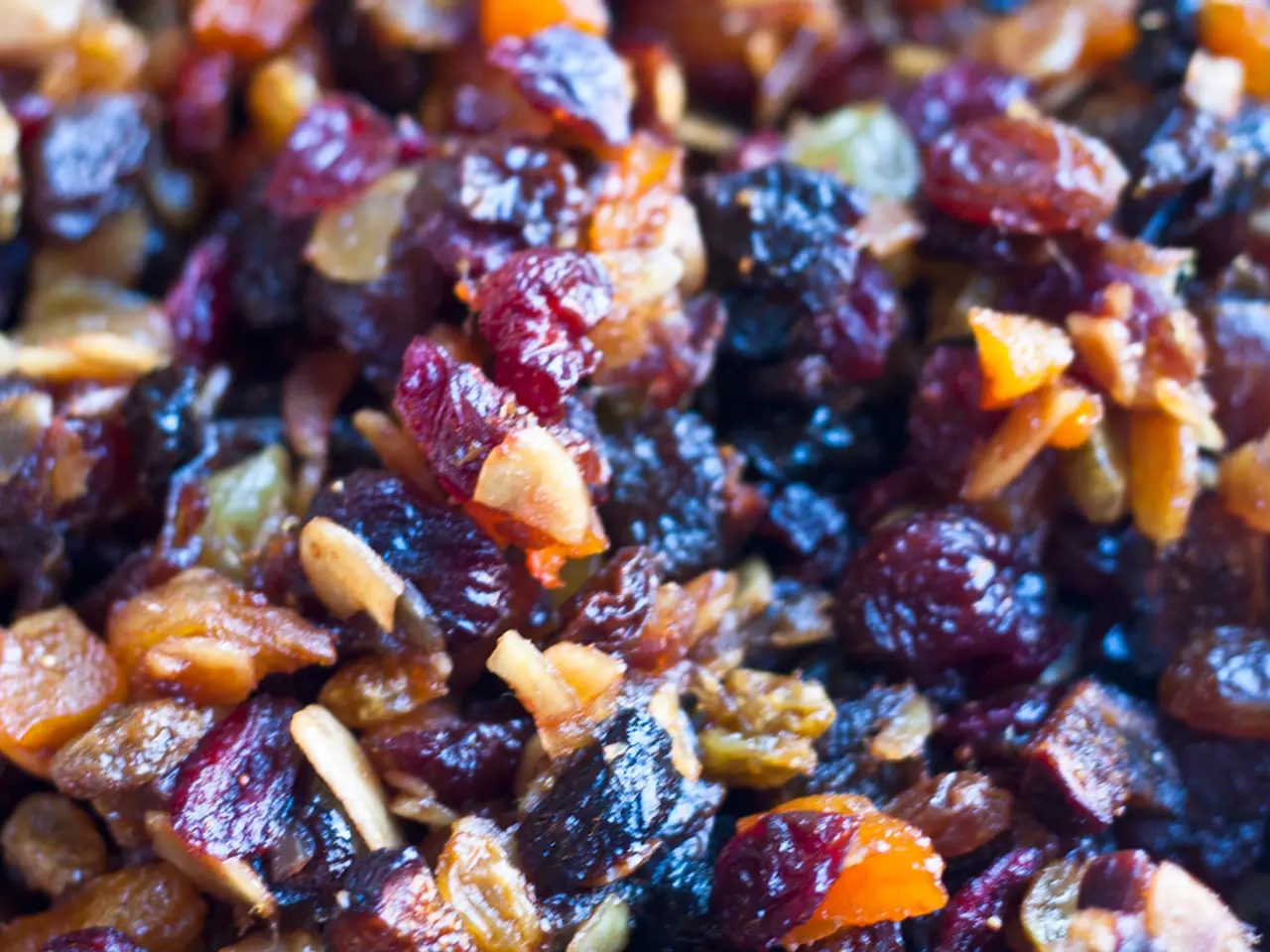Boost Your Brain Health: Diet, Hydration, and Foods That Make a Difference
Maintaining a healthy brain involves a balanced diet and regular hydration. New research highlights the role of specific foods and habits in preserving cognitive function and preventing age-related decline.
Staying hydrated is vital for optimal brain functioning. It helps preserve brain volume, ensuring the brain receives necessary nutrients and oxygen. Conversely, dehydration impairs memory, attention, and reasoning abilities.
A diet rich in antioxidants found in fruits, vegetables, nuts, and seeds protects the brain from damage caused by free radicals. This improves memory and cognitive function and may slow down the progression of neurodegenerative diseases. Omega-3 fatty acids, particularly DHA, are essential for brain development and function, supporting mental functions like memory, attention, and problem-solving.
A balanced diet, including macronutrients like carbohydrates, proteins, and fats, is crucial for optimal brain health. Fibre-rich foods, whole foods, fruits, vegetables, and fermented foods support a healthy gut-brain connection, promoting mental wellness. Intermittent fasting may also have beneficial effects on brain function and protect against age-related cognitive decline.
Certain foods are particularly beneficial. Walnuts, blueberries, dark chocolate, green tea, salmon, whole grains, spinach, olive oil, nuts, leafy greens, and fermented dairy products like Camembert contain neuroprotective compounds that support brain health. Excessive sugar consumption, however, can have detrimental effects on cognitive function, including poor memory, impaired learning, and reduced attention span. Moreover, vitamin B12 deficiency has been linked to cognitive decline and conditions like dementia.
To maintain optimal brain health, incorporate a balanced diet rich in fruits, vegetables, whole foods, and healthy fats. Stay hydrated and consider intermittent fasting. Limit sugar intake and ensure adequate vitamin B12 levels. By doing so, you can support cognitive function, improve mental wellness, and potentially slow down age-related cognitive decline.
Read also:
- Abu Dhabi initiative for comprehensive genetic screening, aiming to diagnose over 800 conditions and enhance the health of future generations in the UAE.
- Elderly shingles: Recognizing symptoms, potential problems, and available treatments
- Exploring the Reasons, Purposes, and Enigmas of Hiccups: Delving into Their Origins, Roles, and Unsolved Aspects
- Various forms of cataracts include nuclear, pediatric, traumatic, and additional types







